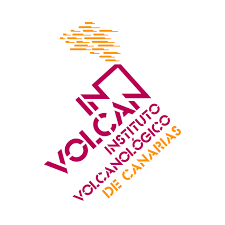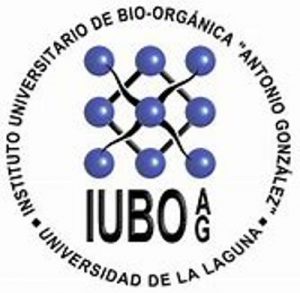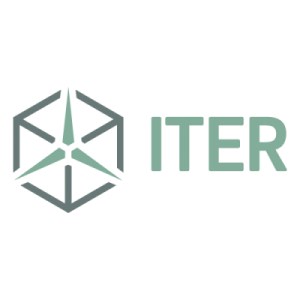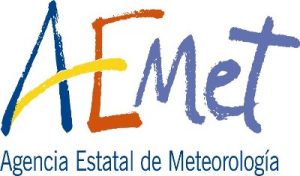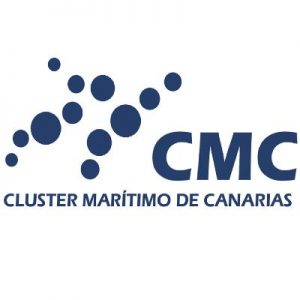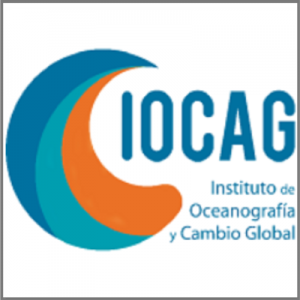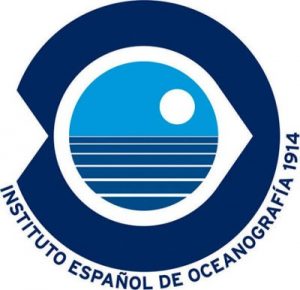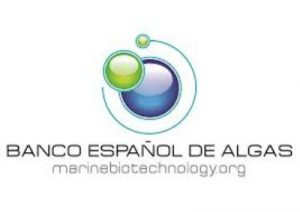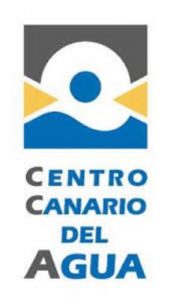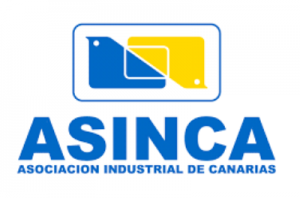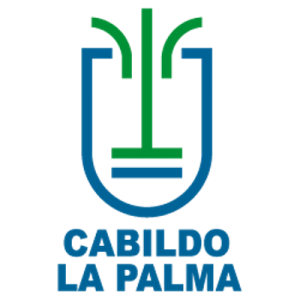Projects
The Volcanological Institute of the Canary Islands (INVOLCAN) aims to contribute to the improvement of volcanic risk management in Spain (being Canary Islands the only volcanically active region of the national territory with volcanic risk), and the optimization of management of the many benefits that come with living in a volcanic territory (geothermal resources, geotourism, etc.). Its mission and vision aim to contribute to the sustainable development of the Canary Islands as well as other volcanic regions.
The Antonio González University Institute of Bio-Organic (IUBO-AG) it is a multidisciplinary center focused on the research of Natural Bioactive Products. The Institute was founded in the 1960s with the objective to study secondary metabolites produced by marine and terrestrial organisms, to provide a new source of unique compounds. Currently, the Objectives of the Institute are isolation, biosynthesis, cultures of microorganisms, biotechnology and the total synthesis of pharmacologically active substances from natural sources. In addition, biological assessment, isolation and production of toxins, NMR studies of biological processes, insecticides and natural repellents, etc. are areas of investigation to current interest.
The Instituto Tecnológico y de Energías Renovables SA, ITER, was created by the Cabildo Insular de Tenerife to cover the need to start a new research field in the islands with which to help reduce the external dependence on energy supply and allow further development clean and sustainable in them. To achieve this goal, its objectives are to promote research and technological development related to the use of renewable energies, as well as other facets of interest for regional socio-economic development: underground water resources, volcanic seismic surveillance and prediction, environmental control, and the development of information and communication technologies
Territorial Center of the State Meteorological Agency, whose objective is the development, implementation, and provision of meteorological services under the jurisdiction of the State and support for the exercise of other public policies and private activities, contributing to the safety of persons and property, and to the well-being and sustainable development of Spanish society. Performs studies and research in the fields of atmospheric sciences and development of techniques and applications necessary for the improvement of its services.
Territorial Center of the State Meteorological Agency, whose objective is the development, implementation, and provision of meteorological services under the jurisdiction of the State and support for the exercise of other public policies and private activities, contributing to the safety of persons and property, and to the well-being and sustainable development of Spanish society. Performs studies and research in the fields of atmospheric sciences and development of techniques and applications necessary for the improvement of its services.
The Technological Institute of the Canary Islands (ITC) is a public enterprise established by the Government of the Canary Islands in 1992, and attached to the Department of Employment, Industry and Trade of the regional government. The competences of the ITC are framed in the fields of Research, Development and Innovation at a regional level, with the aim to fostering technological advancement to improve the quality of life. The ITC supports Islands integral development through the implementation of practices and the deployment of projects related to R&D and innovation in several fields: Water, Biotechnology, Environmental, Computation, Biomechanical and Innovation and...
The Maritime Cluster of the Canary Islands is a non-profit association with a regional scope whose main objective is to promote the development and international competitiveness of the Maritime Sector of the Canary Islands, in turn raising the business, economic and social fabric of the Canary Islands. This is done through the integration, creation, strengthening and sustainability of the companies and institutions that are within the value chain of the maritime marine sector, promoting its international presence and raising the technological and innovative standards of all the agents involved, aligned with policy development and social demands. The strategy to achieve...
he Oceanic Platform of the Canary Islands (PLOCAN) is a Research Infrastructure (RI) labeled by the ICTS (Unique Scientific and Technological Infrastructure) Spanish National Roadmap, co-funded by the Economy and Competitiveness Ministry of the Spanish government and the Canary Islands government and by the European Regional Development Fund (ERDF) under the Operational Programme of the Canary Islands. PLOCAN is a multipurpose technical-scientific service infrastructure that provides support for research, technological development and innovation in the marine and maritime sectors, available to public and private users. PLOCAN offers both onshore and offshore experimental facilities and laboratories, operational throughout the whole year...
The Institute of Oceanography and Global Change is one of the seven university research institutes hosted by the University of Las Palmas de Gran Canaria (ULPGC), whose constitution was approved in August 2011 (1). This research institute is the natural consequence of the research activities developed in the ULPGC for three decades in the field of marine science. The Marine Science Faculty pioneered these studies in Spain since the early 80's. Those first trained professionals joined the faculty members who had hitherto been their teachers, thus setting up a comprehensive research environment. The report published by the Foundation for Knowledge...
The CETECIMA Marine Science Technology Center was established in 2003 and began to develop its activity in 2004, as a private, non-profit association, whose main objective is to contribute to the general benefit of society, through generation of technological knowledge and its application for the development and strengthening of the competitive capacity of companies in the marine and maritime sector in the field of technology and innovation, by carrying out R&D and innovation activities and developing their application, in such a way that these initiatives can be promoted abroad, with openness to international and technical development cooperation, being able to...
The Oceanographic Center of the Canary Islands (COC), founded in 1927, is one of the nine Oceanographic Centers of the IEO. It is located in the fishing area of the Port of Santa Cruz de Tenerife. The COO addresses the following research fields: Marine Aquaculture, Marine Environment, Marine and Fisheries Live Resources, Transversal projects, Environmental Protection and Impact evaluation.
The Spanish Algae Bank (BEA) of the University of Las Palmas de Gran Canaria (ULPGC) is a national R&D and innovation service managed by the Canary Islands Science and Technology Park Foundation of the ULPGC. The BEA has as its basic objectives the isolation, identification, characterization, conservation and supply of microalgae and cyanobacteria. In addition to these classic functions of all microorganisms, the Spanish Algae Bank is a service that facilitates the development of a new bioindustrial sector based on the cultivation and applications of microalgae and cyanobacteria.
The Centro Canario del Agua Foundation (FCCA) is an independent and non-profit organization whose objective is the research and development of innovative products for water treatment. It was founded on December 14, 1998 by the General Directorate of Water of the Canary Islands Government, the Insular Water Councils of the seven islands and a series of private companies with interests in the Canary Islands water sector. The FCCA carries out and promotes R&D work autonomously and in combination with public institutions and private companies. The FCCA conducts applied research mainly in the following areas: Equipment for remineralization of desalinated waters...
The Industrial Association of the Canary Islands, ASINCA, is the highest representative entity of the industrial sector of the Canary Islands. Its main objective is the representation and defense of the interests of the industrial sector, to promote canary industry as a competitive and future sector for the Canary Islands. ASINCA has a strong technical character and its territorial scope is limited to the Canary Islands, with offices in each of the capitals of the Canary provinces.
The Agrobiology Laboratory Juan José Bravo offers the following services: Physical and chemical analysis of land, nematodes and waters for agricultural use Analysis of musts and wines. They are currently made free of charge, so that producers realize their importance and usefulness Foliar analysis All these services are aimed at the samples collected in the Agricultural Extension Agencies, Cooperatives, Commercial Houses and the general public.


